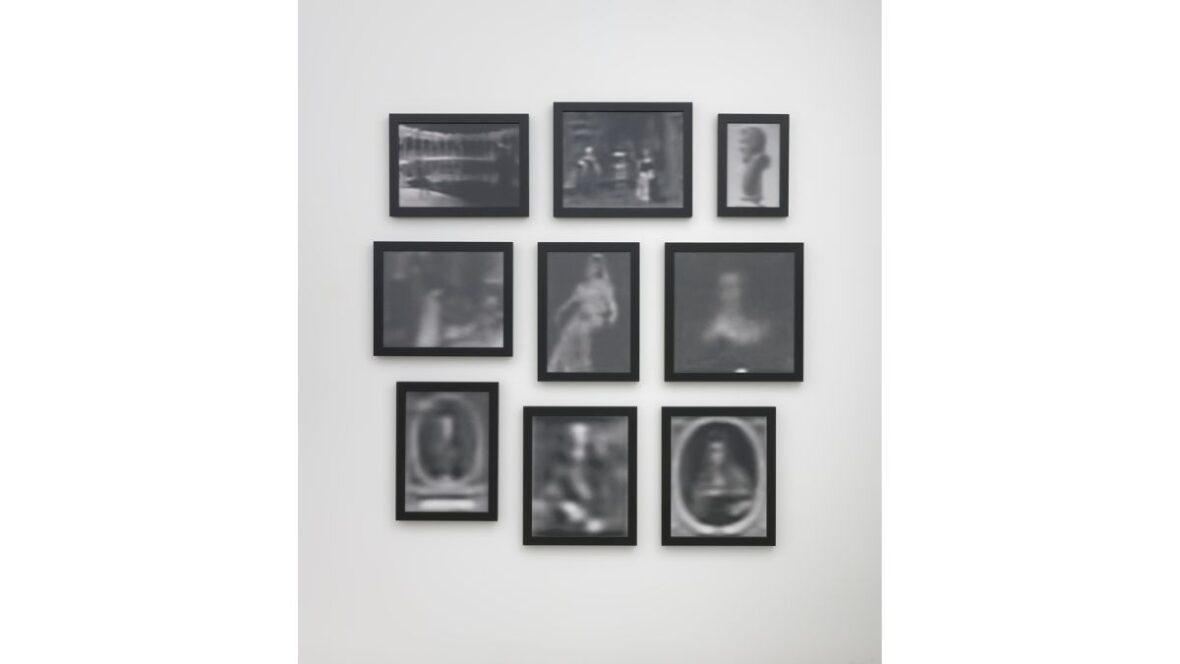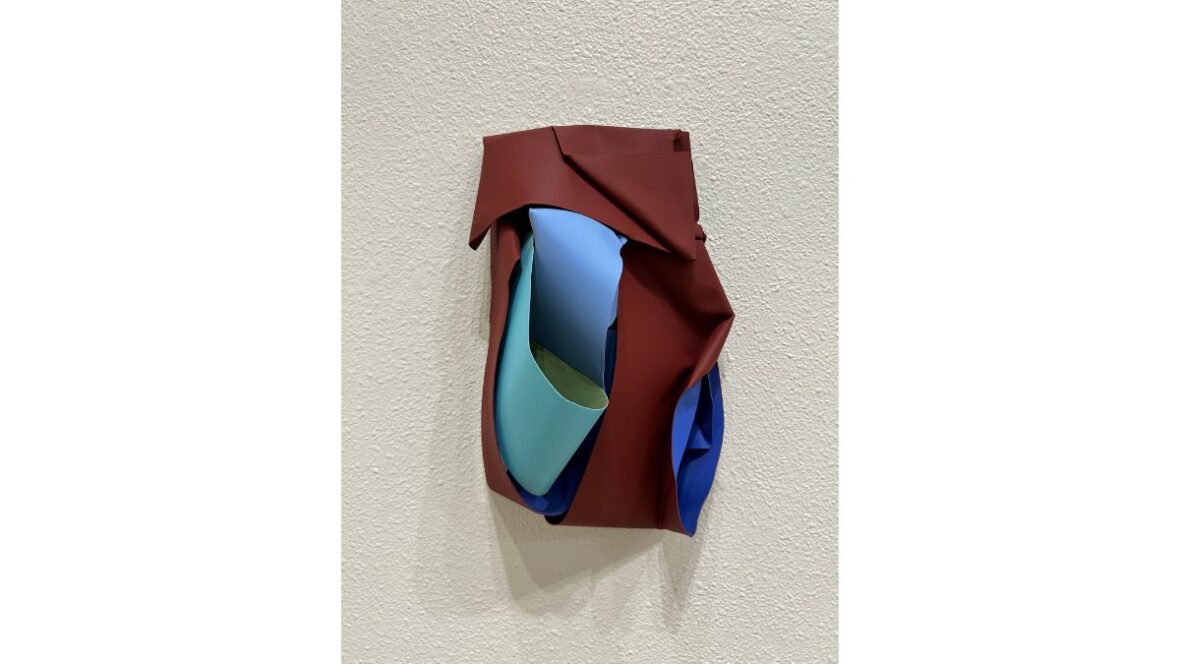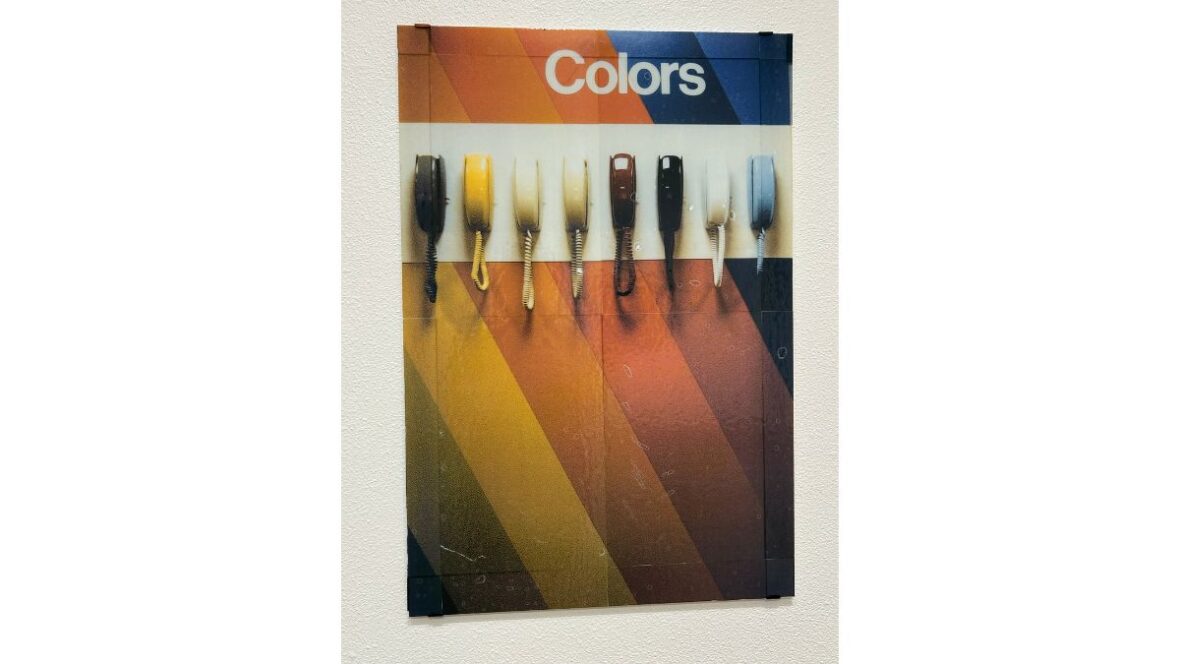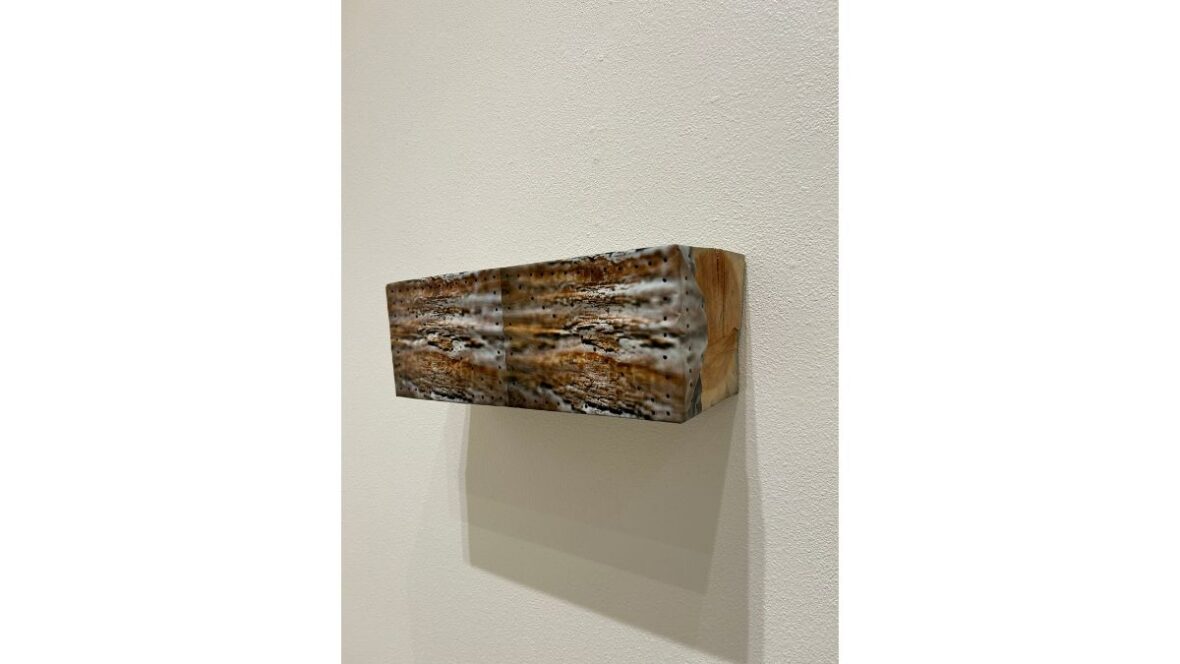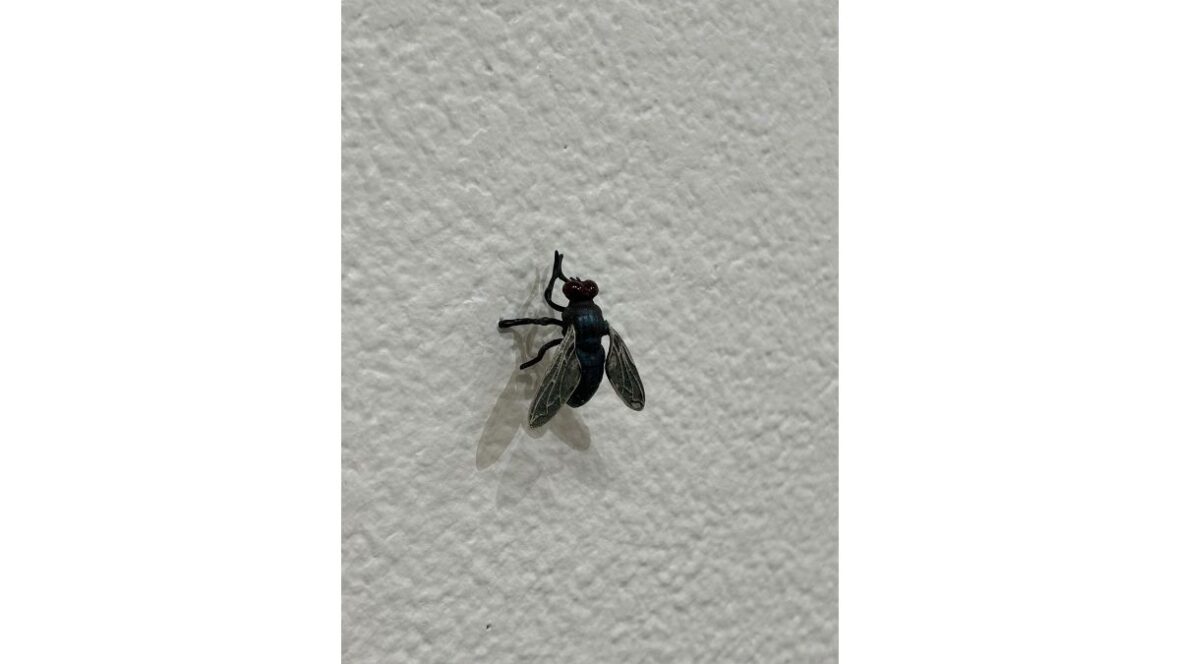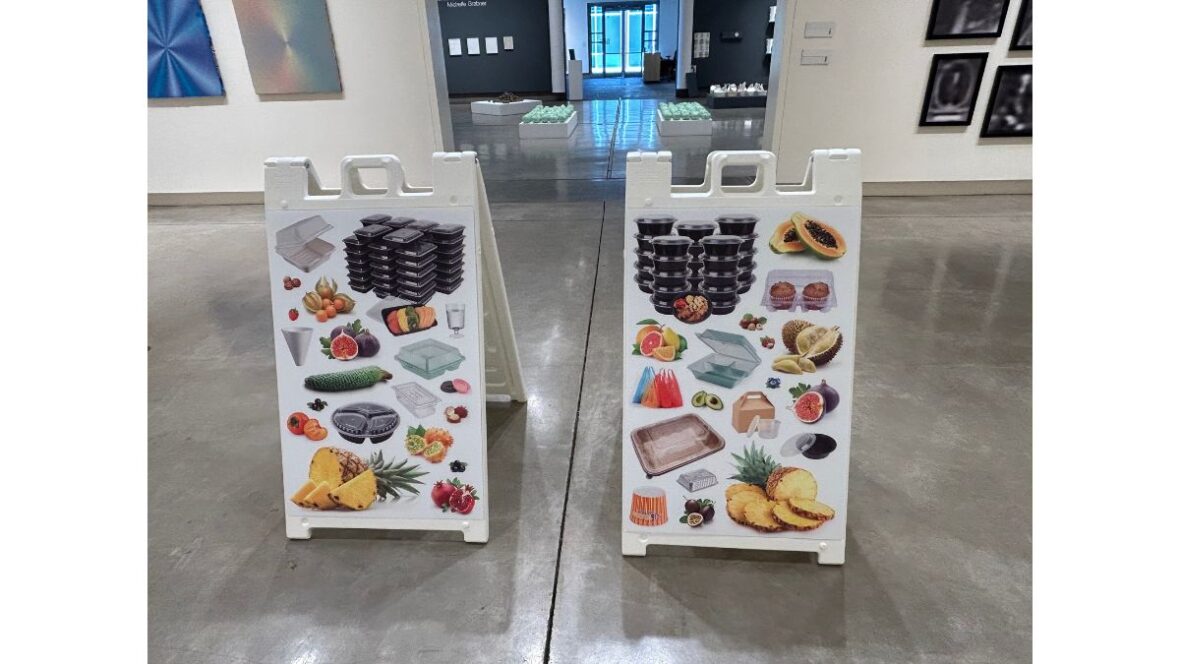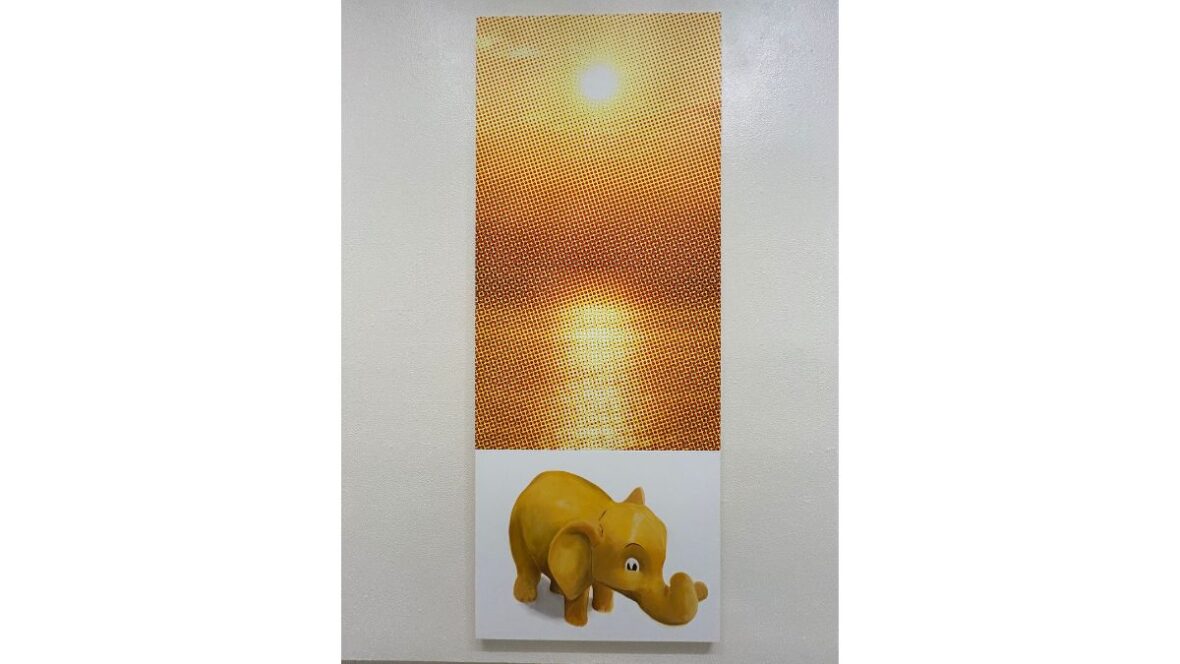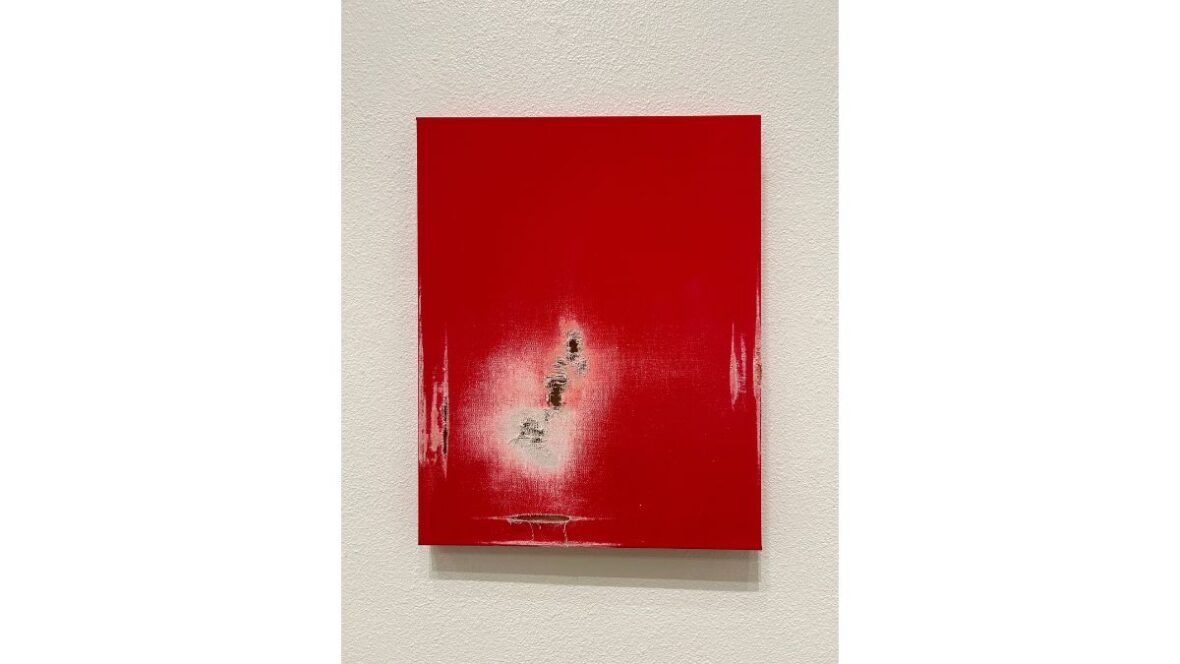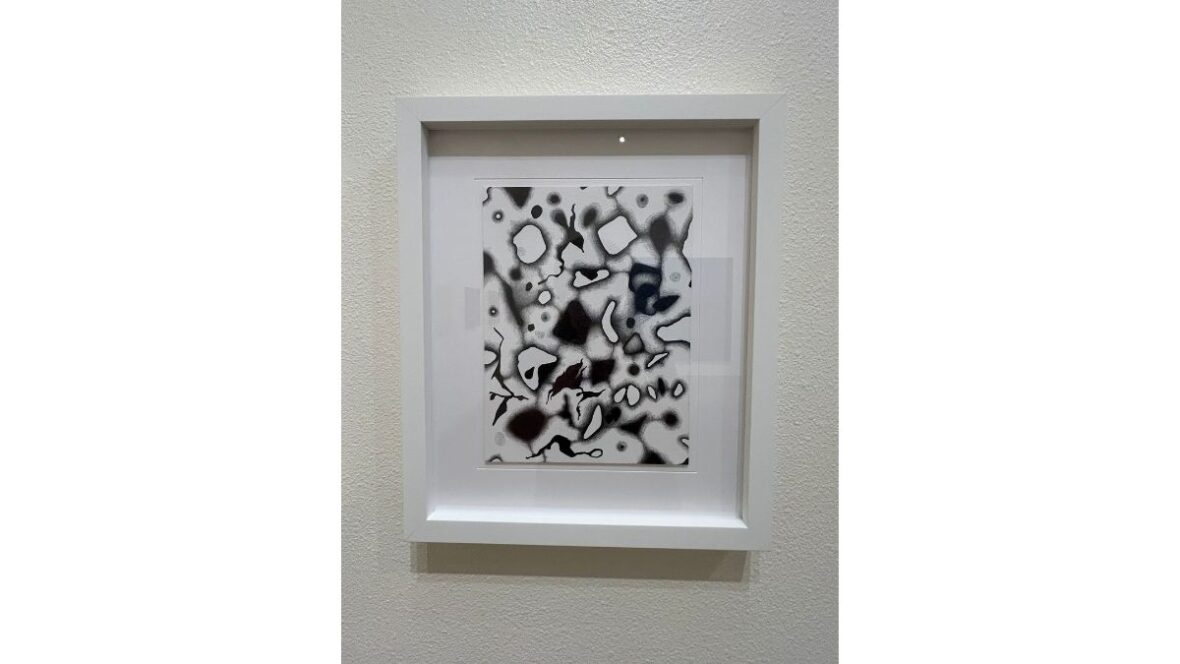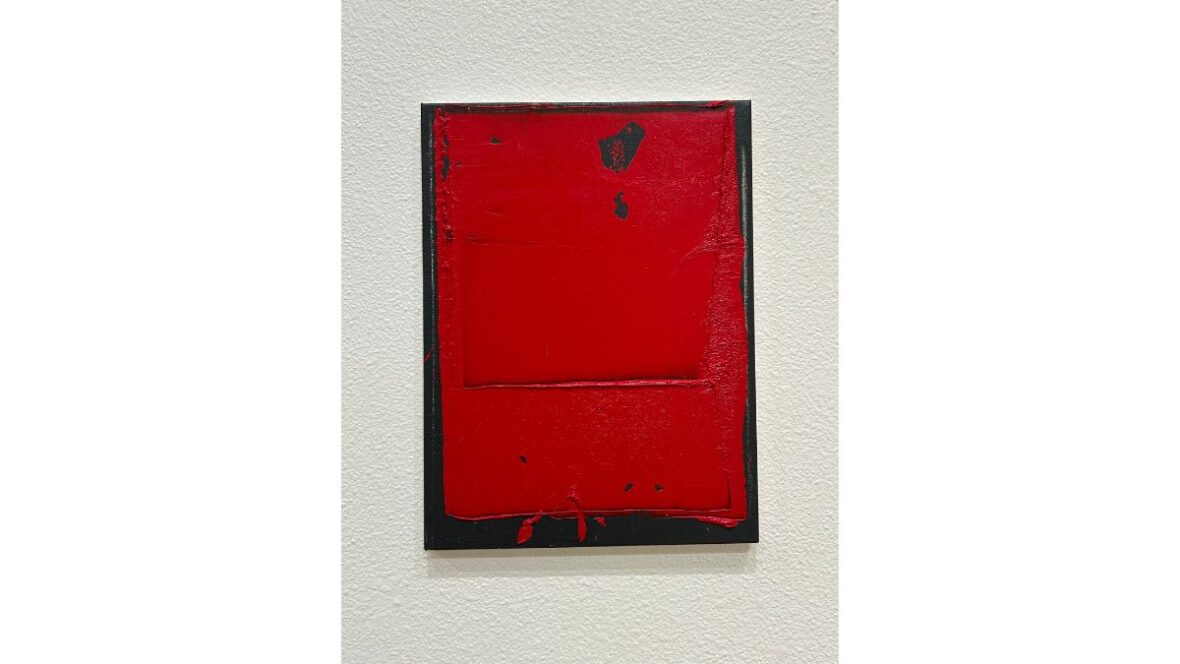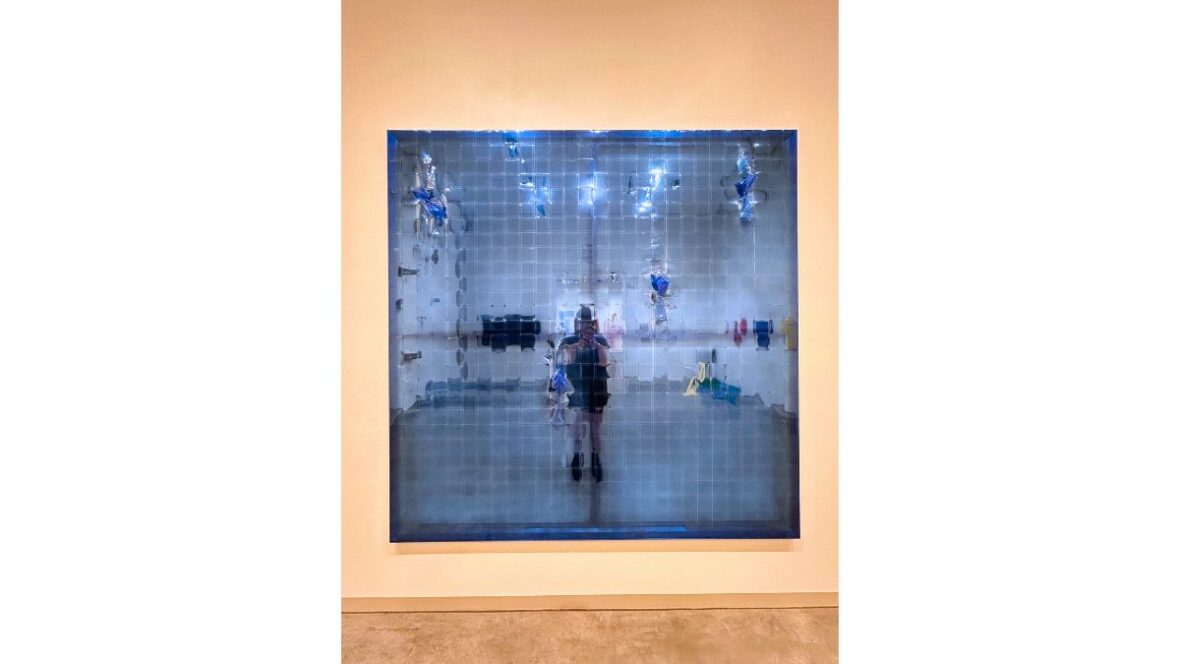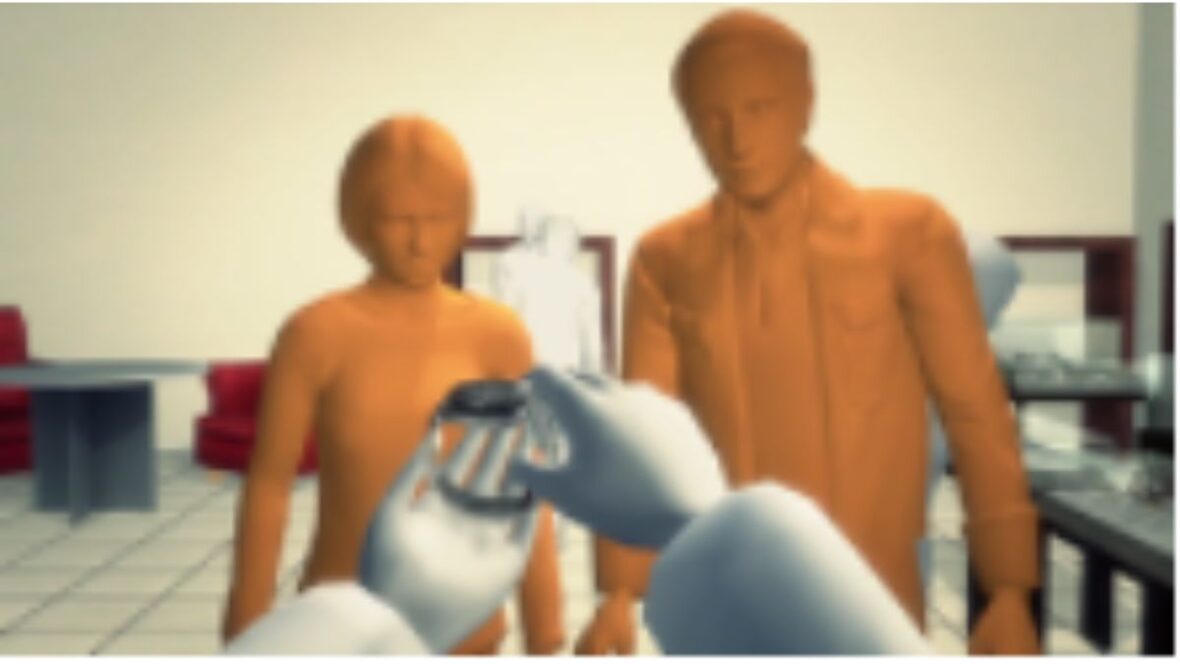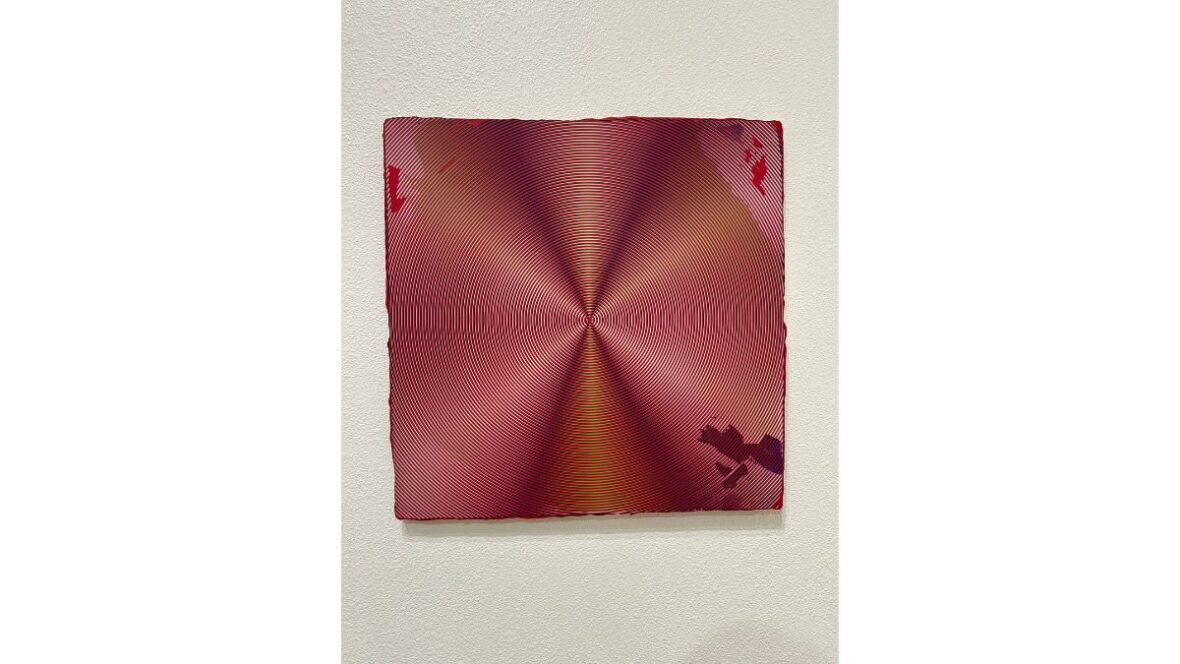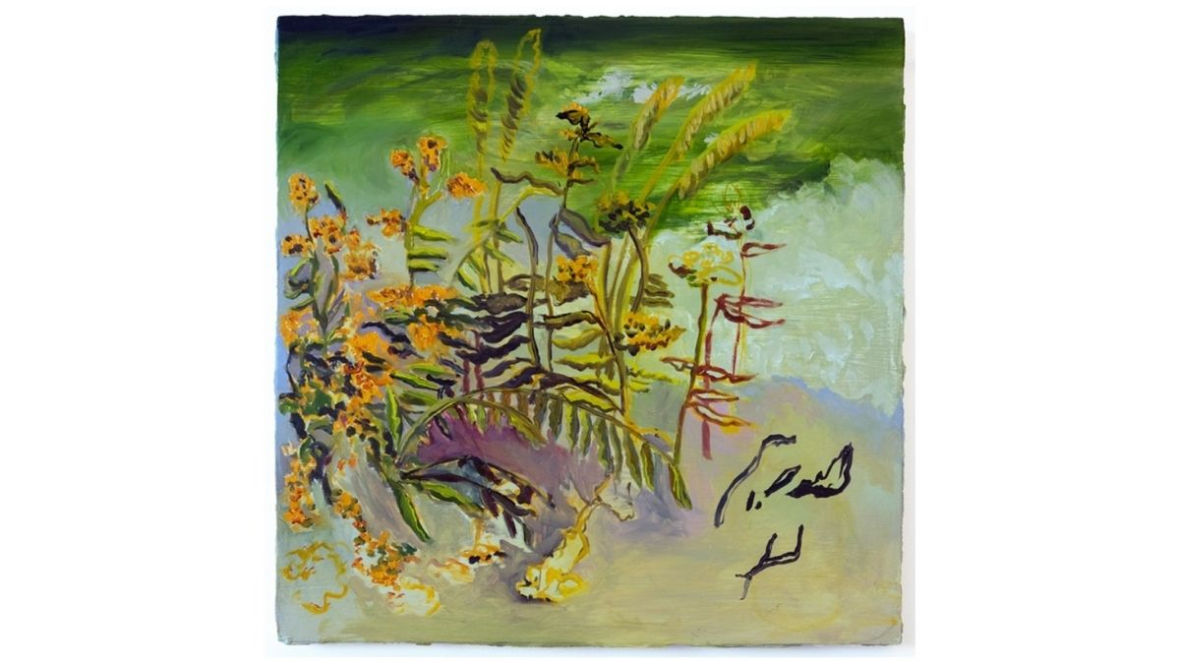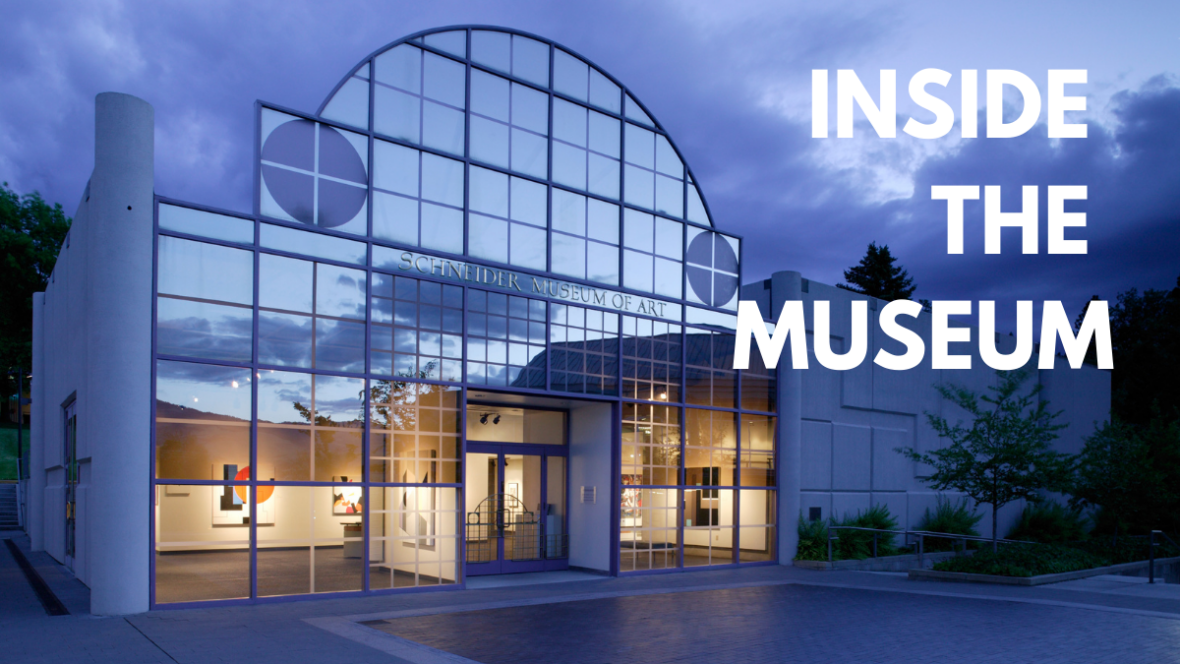Hello Hello Hello
About the Exhibition
Within the Twentieth Century Western literary canon, P. G. Wodehouse and Gertrude Stein are keenly antithetical. With vastly different readerships, circulation, and influence, Stein was an artist deeply embedded in the European avant-garde, while Wodehouse was rooted in Anglo-American popular fiction. As Stein’s experimental modernism sought to redefine the abstract possibilities of language and narrative, Wodehouse’s comedies preserved and indulged in a world of aristocratic farce. Yet despite their differences, Wodehouse and Stein did share a zealousness for distorting language and linguistic forms with repetition and rhythm, the common and the cliched.
“A change, a final change includes potatoes.”
— Tender Buttons: Food Gertrude Stein’s Tender Buttons (1914)
Wodehouse’s prose shaped by inanely witty dialogue and the risible manipulation of the English language is super-charged with hyperbole, idiomatic expressions, and comedic repetition. “English slang, American slang, literary allusions, needless abbreviations, mixed metaphors, fussily precise details about trivialities … he loved outlandish similes, particularly those drawn from the natural world: “She uttered a sound rather like an elephant taking its foot out of a mud hole in a Burmese teak forest”; “She looked like a tomato struggling for self-expression (Leithauser, 2014).” A common critique of Wodehouse’s oeuvre is overproduction and unoriginality. But his defenders simply reply: ‘variation on a theme.’
Stein’s work too embraced mischievous disruption, albeit to different ends. “Repeating then is in every one, in every one their being and their feeling and their way of realising everything and every one comes out of them in repeating (Stein, 1925).” Through unconventional phrasing, her work actively upends syntax and foregrounds the word’s materiality. Tender Buttons, Stein’s book of experimental prose is abstract and reflexive, a cadence of words and redirections that unsettle the domestic and the mundane. Stein’s “experiments with language, influenced by modernist aesthetics and cubist principles, challenge linear meaning-making . . . anticipating later developments in postmodernist and language-centered writing (Perloff, 1981).”
“There is enough sadness in life without having fellows like Gussie Fink-Nottle going about in sea boots.”
— Right Ho, Jeeves (1934)
Wodehouse’s recurring phrases (“Hello Hello Hello”), character traits, and cyclical plotlines especially in the Bertie Wooster and Jeeves chronicles, promote familiarity and expectations of comedic iteration. And while both authors seek out formal and stylistic absurdity, they also share a resistance to traditional literary realism—Stein through ambiguity and fragmentation, and Wodehouse through waggish idealization. Alternatives to the fractured and accelerated nature of modern life, Stein’s disorientations, defamiliarizations, and cerebral modern experiments are as nonsensical as Wodehouse’s privileged social worlds untouched by the complexities and flux of modernity.
Hello Hello Hello is an exhibition that relishes in repetition, predictabilities, and rhythms, as well as cliches and copies. In some cases, the work included in Hello Hello Hello employs repetition to confuse cultural norms and to undercut social and economic hierarchies. In other works, repetition provides stability and order, consolidating and organizing forms for the analysis of differences. There is humor and variation, sameness and monotony, resistance and rearticulation in work that recapitulates as much as it reinvents. What unifies the work in this group exhibition is the recognition that the act of repetition is never purely identical and that each instance of repetition carries a difference, exposing cracks in the foreseeable, trembling the very patterns we deem knowable.
Adjacent to Underdone Potato, a title that references both Dickens and Stein, Hello Hello Hello is a curatorial project that offers context to my own ideas and studio work. I hold extreme admiration and respect for these thirteen artists and their perpetual disorientation of the familiar, dare I even say they manifest practices of poetics and critique. Alan Belcher, Robert Burnier, Anoka Faruqee & David Driscoll, Jeff Gibson, Sara Greenberger Rafferty, Alex Jovanovich, Van Maltese, Allan McCollum, Carter Potter, Tony Tasset, Julia Wachtel, and John Zinsser continue to teach and galvanize me, and I am grateful for their participation. I would also like to thank artist Scott Malbaurn, artist Patrick Collier, and art historian Dr. Sue Taylor whose work and generosity made this publication and exhibition possible. These three exceptional people along with the artists in Hello Hello Hello are to who I dedicate both exhibitions.
Michelle Grabner
Brad Leithauser, “Plenty of Room for Stupidity,” The New Yorker, 2014
Gertrude Stein, The Making of Americans, 1925
Marjorie Perloff, The Poetics of Indeterminacy, 1981
Curator
Michelle Grabner
Artists
Peggy Ahwesh
Alan Belcher
Robert Burnier
Anoka Faruqee & David Driscoll
Jeff Gibson
Michelle Grabner
Sarah Greenberger Rafferty
Alex Jovanovich
Van Maltese
Allan McCollum
Carter Potter
Tony Tasset
Julia Wachtel
John Zinsser
Related Events & Exhibitions
Underdone Potato: Michelle Grabner
May 17 at 6 pm
The Museum Gala
